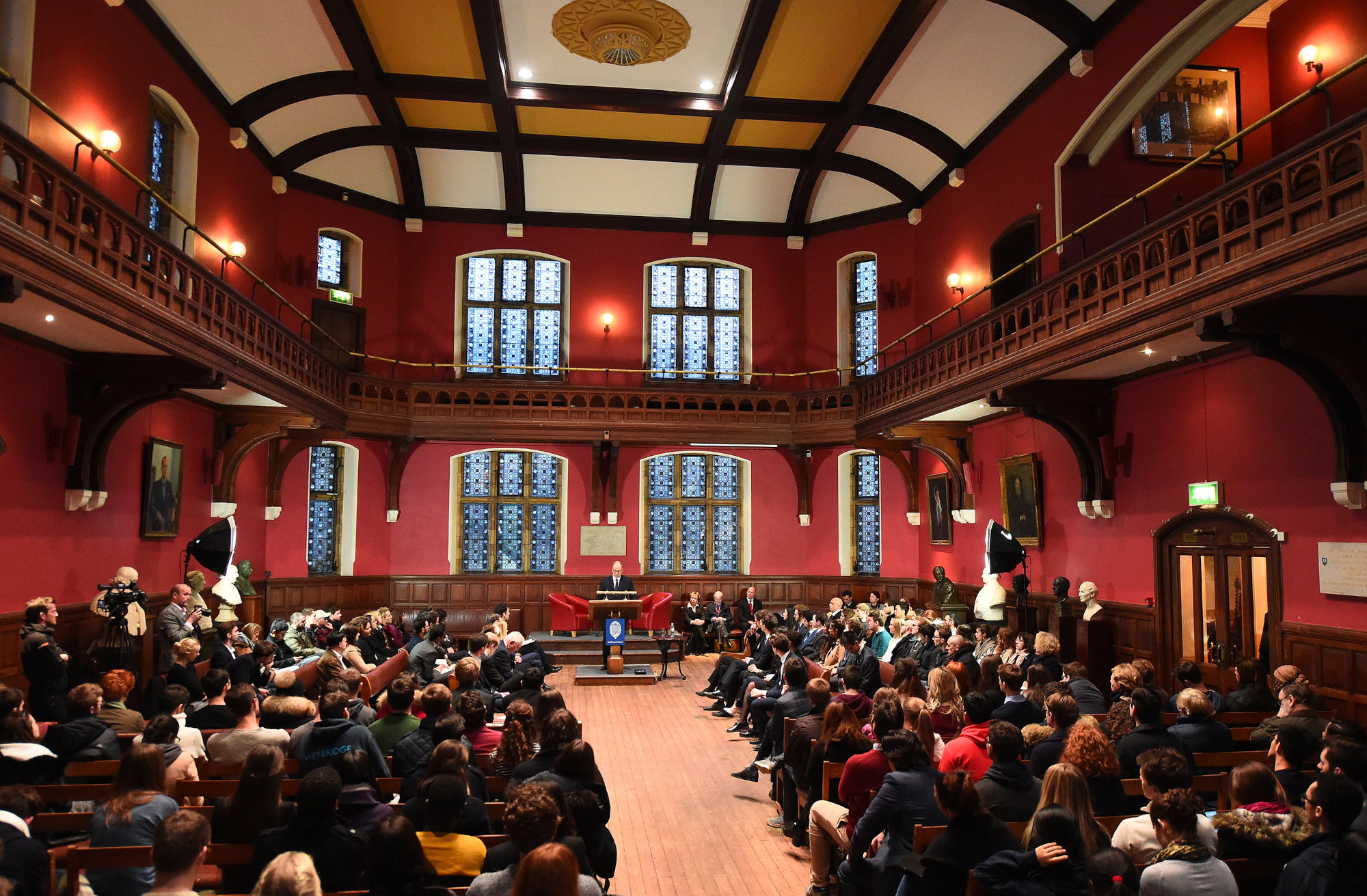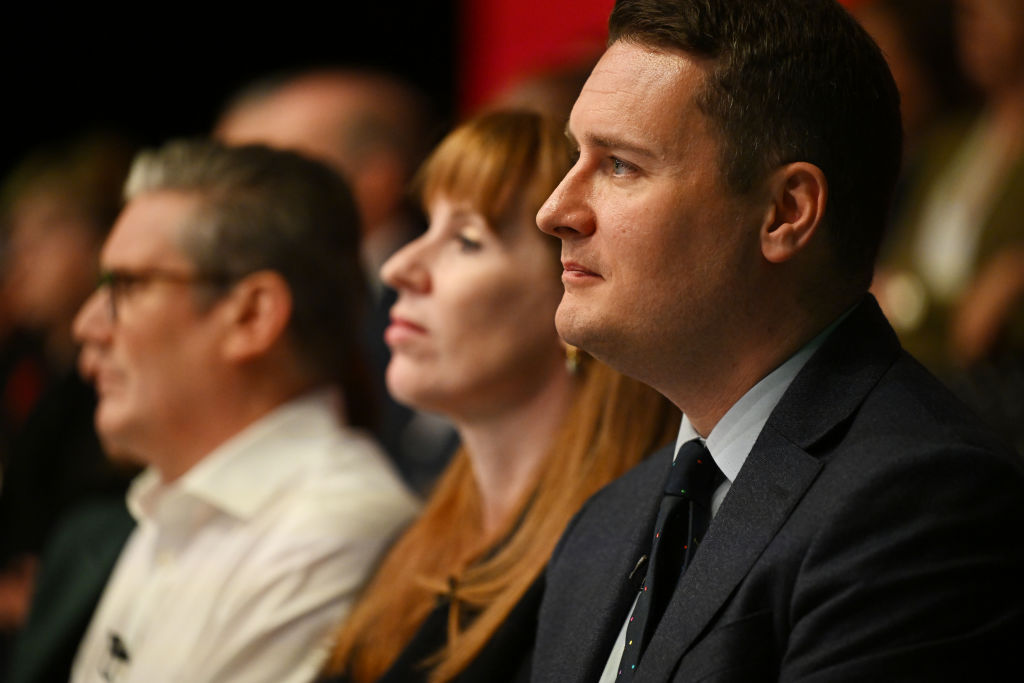When the UK’s biggest school debate competition told us to declare our gender pronouns, I knew my team had lost the contest before it had even begun. Hundreds of children are told to do this every year.
Things were already uncomfortable. When I took part in regional rounds for this competition in 2018, run by the prestigious Oxford Union, there was only one other pair of state school students in the room. We weren’t as polished, and didn’t sound as impressive. It’s not easy at that age when you’ve had no proper training and you’ve come from somewhere that doesn’t really teach you public speaking.
After being asked to declare his pronouns, in a brief display of defiance, one of the boys at the competition answered ‘you can call me “he, she, it” – whatever you want’. He was met with frowns and disapproval. We ended up complying with the surprising pronoun request. In 2018, these ideas were not being questioned as much in the mainstream. Given the potential risk of disqualification – and social ostracisation – it felt like there wasn’t really another option. It’s easier just to go along.
Competitors at the contest – known as ‘Oxford Schools’ – are aged between 14 and 18. The organisers say they ‘aim to make debating accessible to as many schools as possible’.
Last year, over 350 schools competed in the competition. According to the website, Oxford Schools is the ‘largest British Parliamentary school-level debate competition in the world, and the largest debating contest in the UK’.
A statement reads: ‘We operate a gender pronoun policy at Oxford Schools. At the start of each debate, the judge will ask each speaker to introduce themselves with their name and their gender pronoun (such as he/she/they/etc).’ It adds that students ‘may declare no preference’.
This wasn’t an option when I competed and I’m not sure what ‘no preference’ is supposed to signify exactly. Does it mean that there are people who genuinely don’t mind being addressed by anything at all? Or is it a concession from the organisers that in the overwhelming majority of cases, people’s assumptions about someone’s gender are correct?
The statement continues: ‘This is intended to stop people being misgendered, and prepares students for other competitions and university debating, where such policy is standard. Just as people like to be called by their correct name, so they should be called by the pronoun they feel most comfortable with.’
It is ironic that at a competition where students are expected to display their public speaking and critical thinking skills, they are not actually allowed to question such a strange policy.
It is also ironic that for all the organisers’ emphasis on inclusivity and making people feel ‘comfortable’, stating your gender pronouns was – and perhaps still is – an alien concept for many people from the more deprived areas of the UK.
The Oxford Union says the policy is about ‘preparing students for other competitions and university debating, where such policy is standard’.
It is not. MPs aren’t asked to introduce themselves with their pronouns at Prime Minister’s Questions. And suffice to say, this doesn’t actually happen at Oxford Union debates themselves. It would be strange, for example, if Kathleen Stock – who’d come to argue gender identity was less socially significant than biology – was ordered to state her pronouns.
The Union, established over 195 years ago, says on its website that it has a ‘long tradition of challenging thought and aiming to promote debate and discussion not just in Oxford University, but around the world.’ Unfortunately, anyone who has studied at Oxford in recent years can tell you that in the main – amongst undergraduates – that tradition is quite non-existent.
If this was a competition for adults, I’m sure there would have been more complaints by now. But when you’re young, want to fit in and have spent hours practising, it’s clear why children are pretty much fair game.








Comments